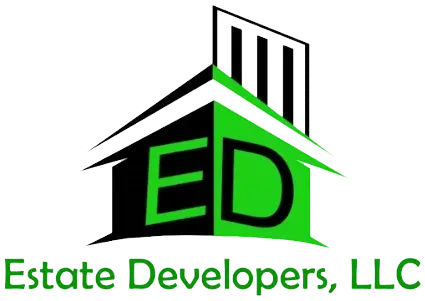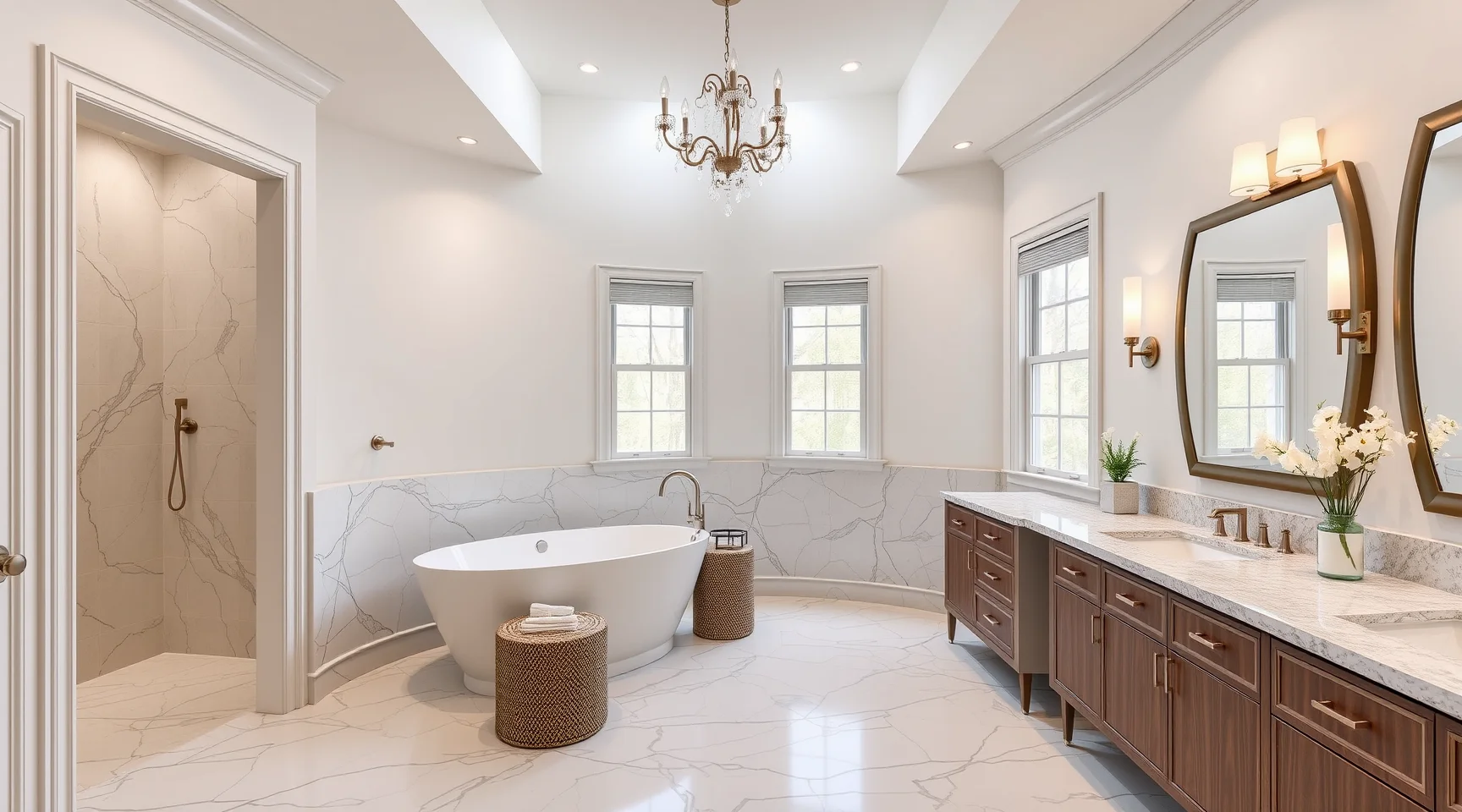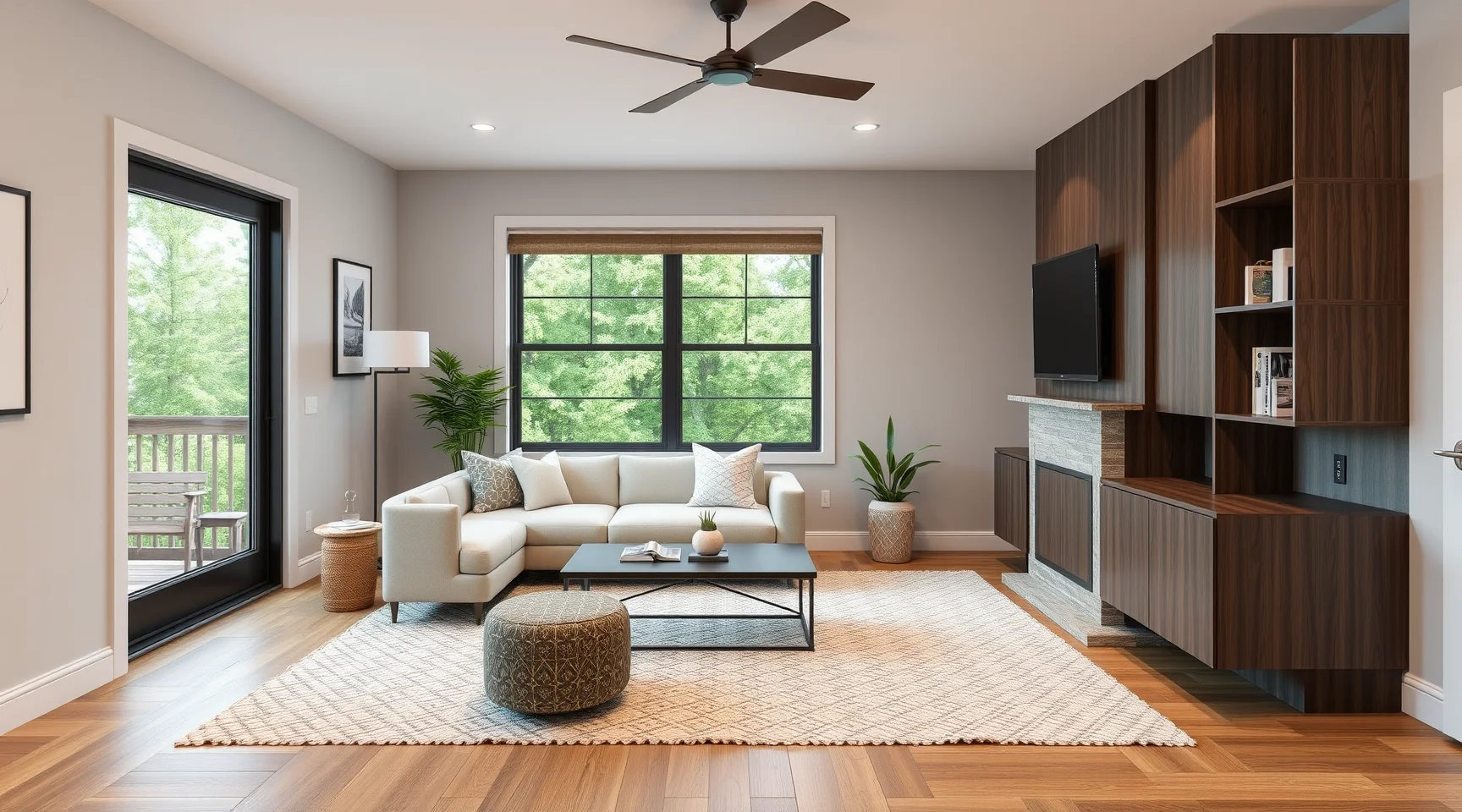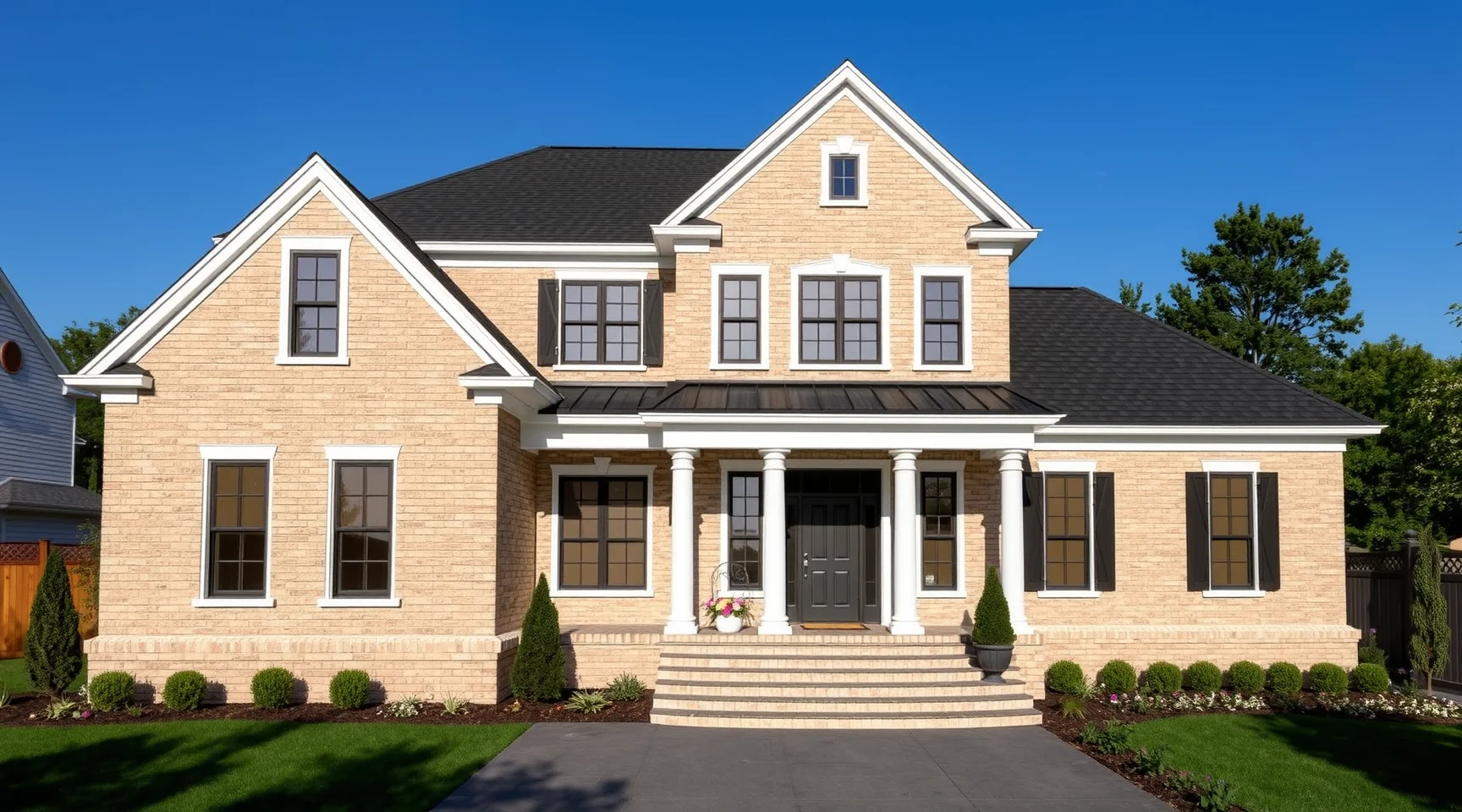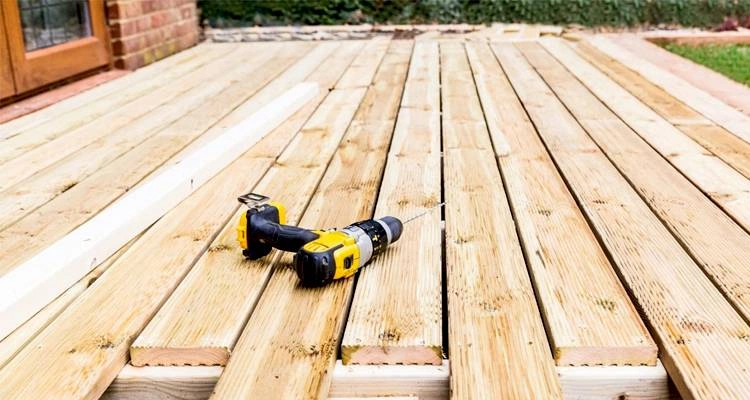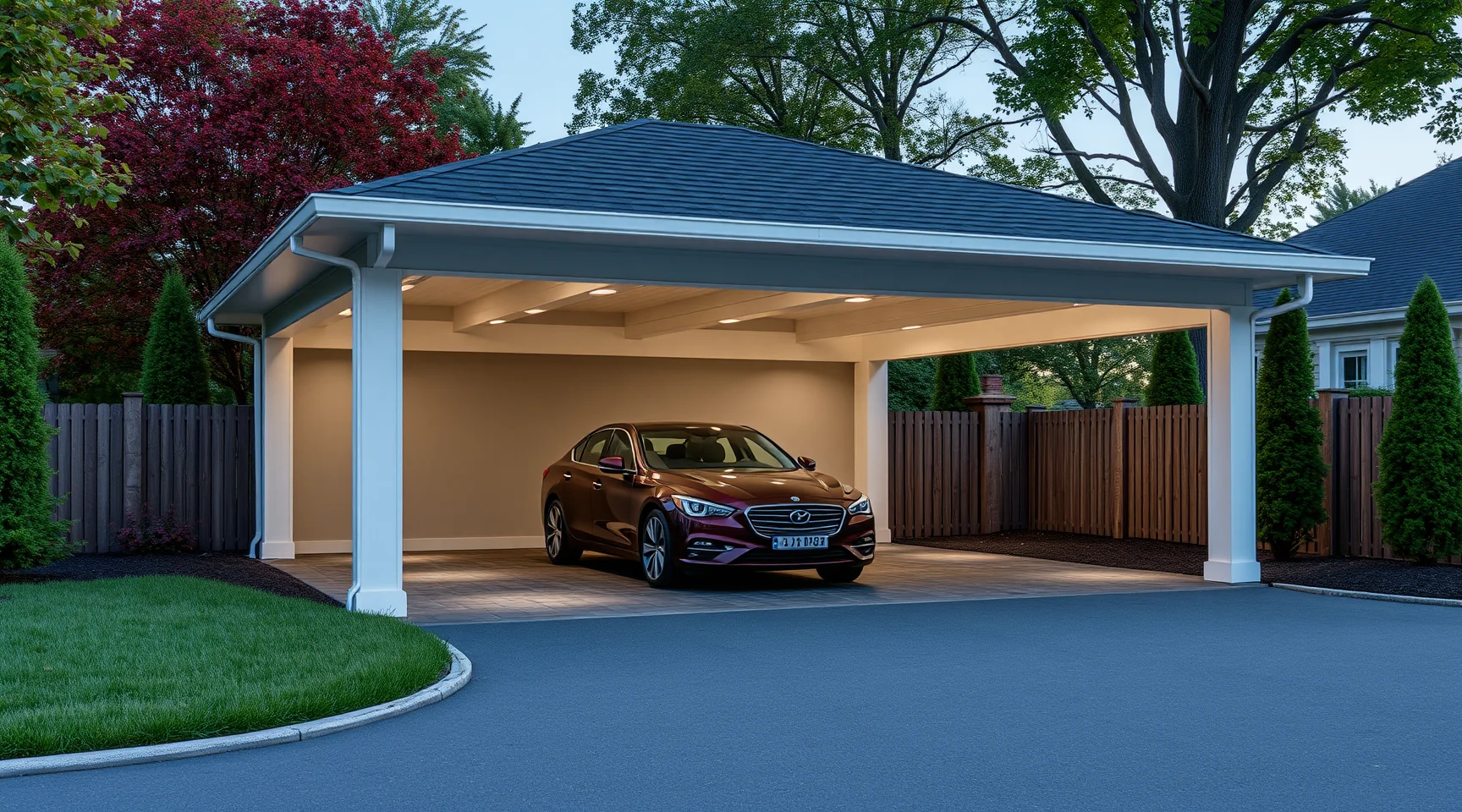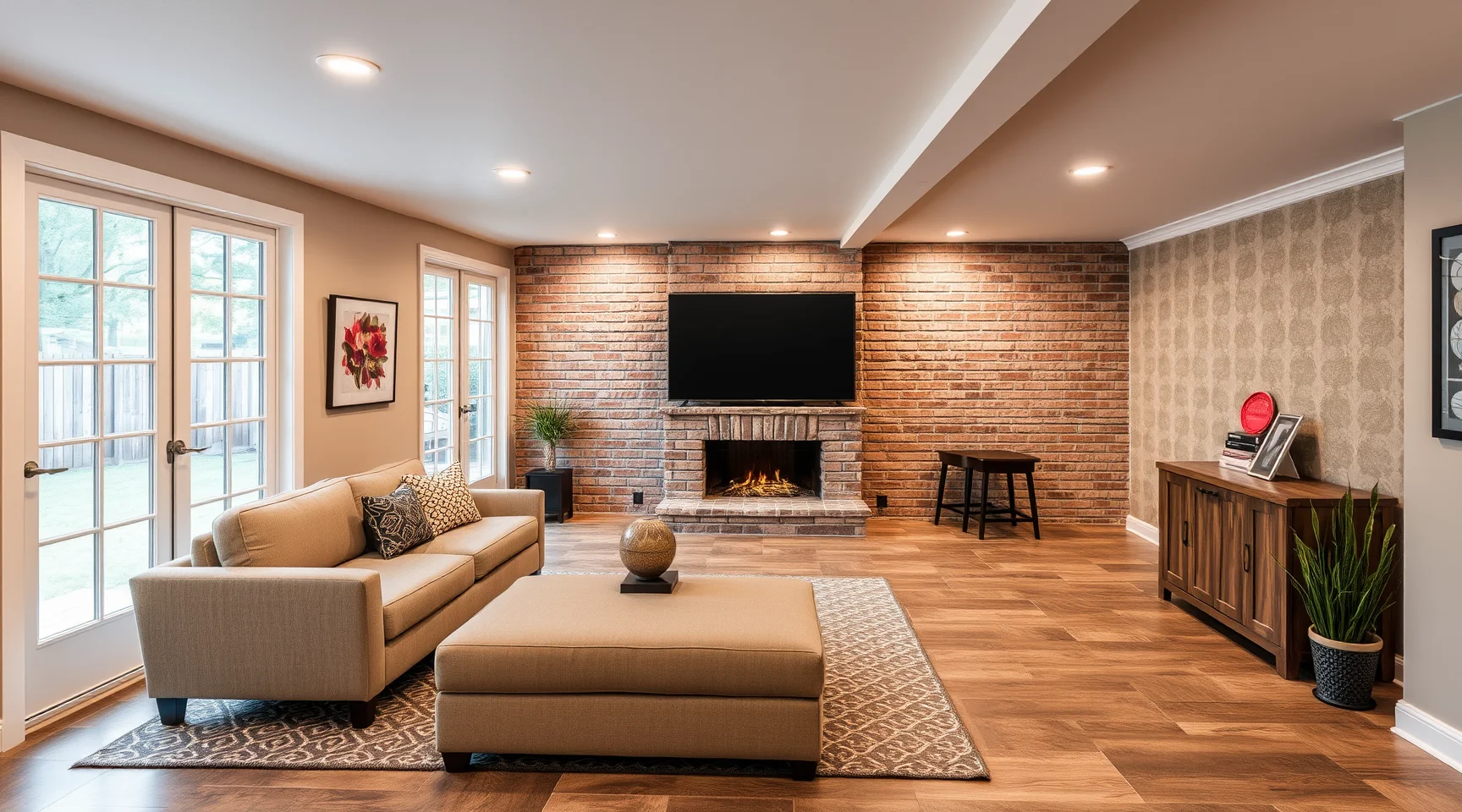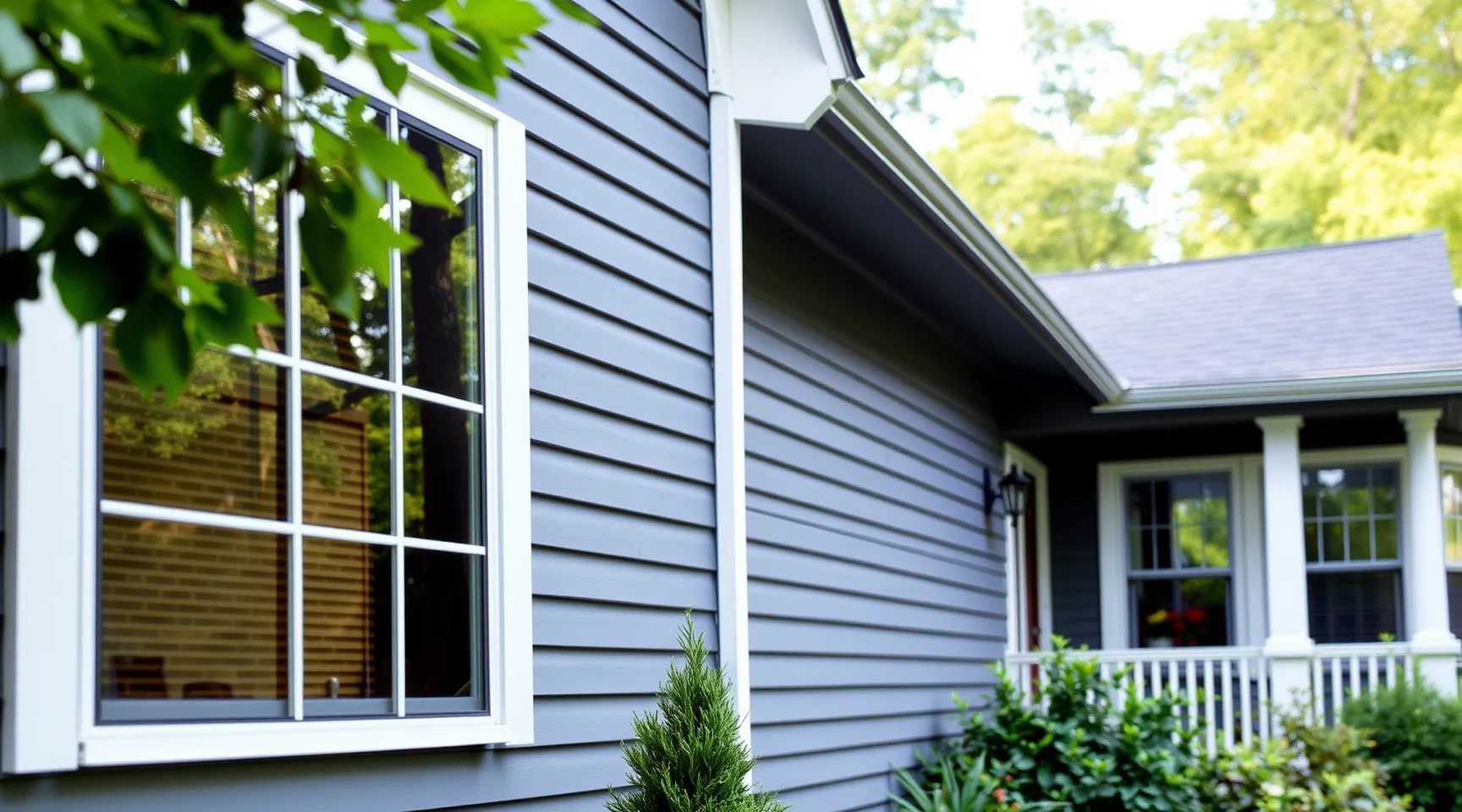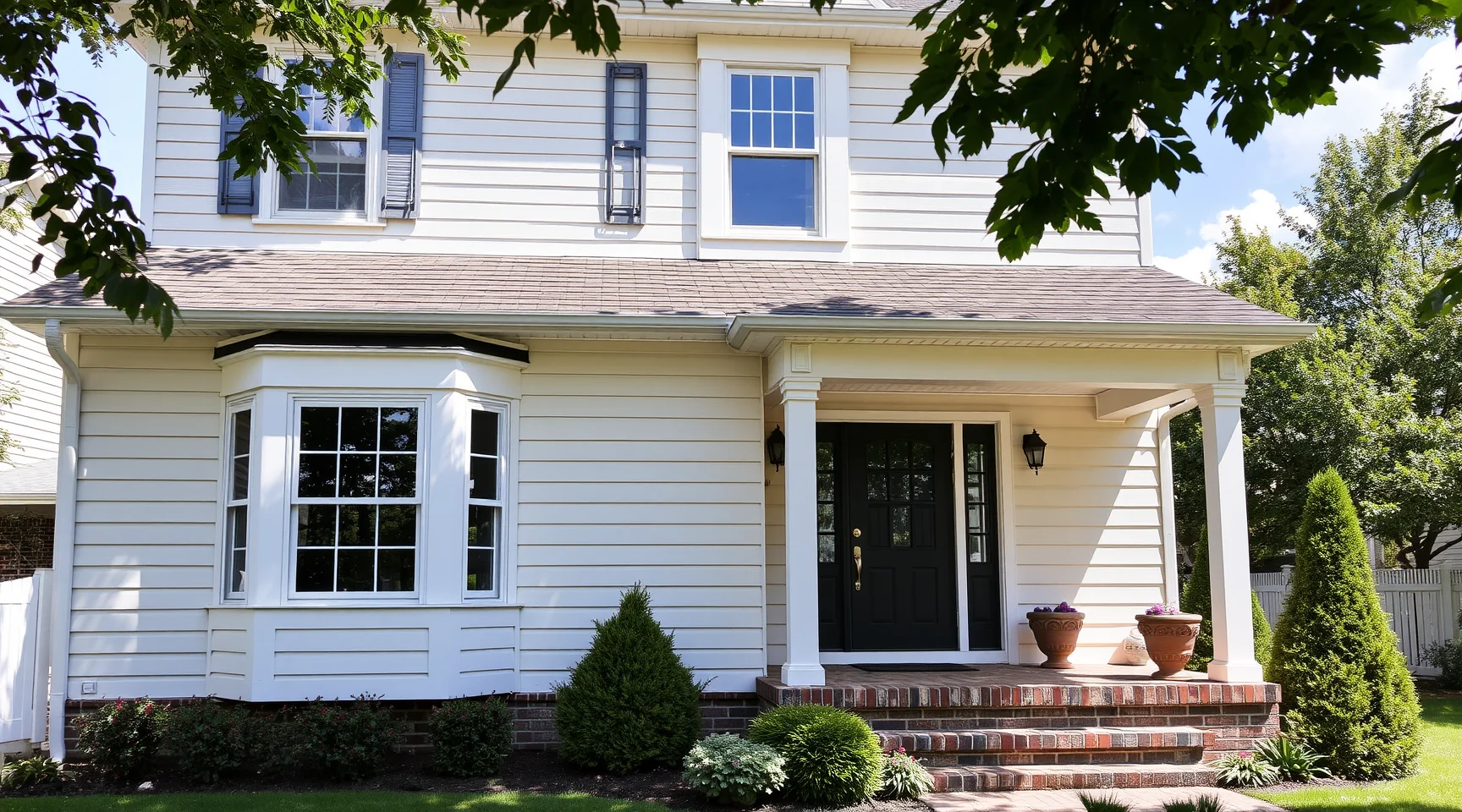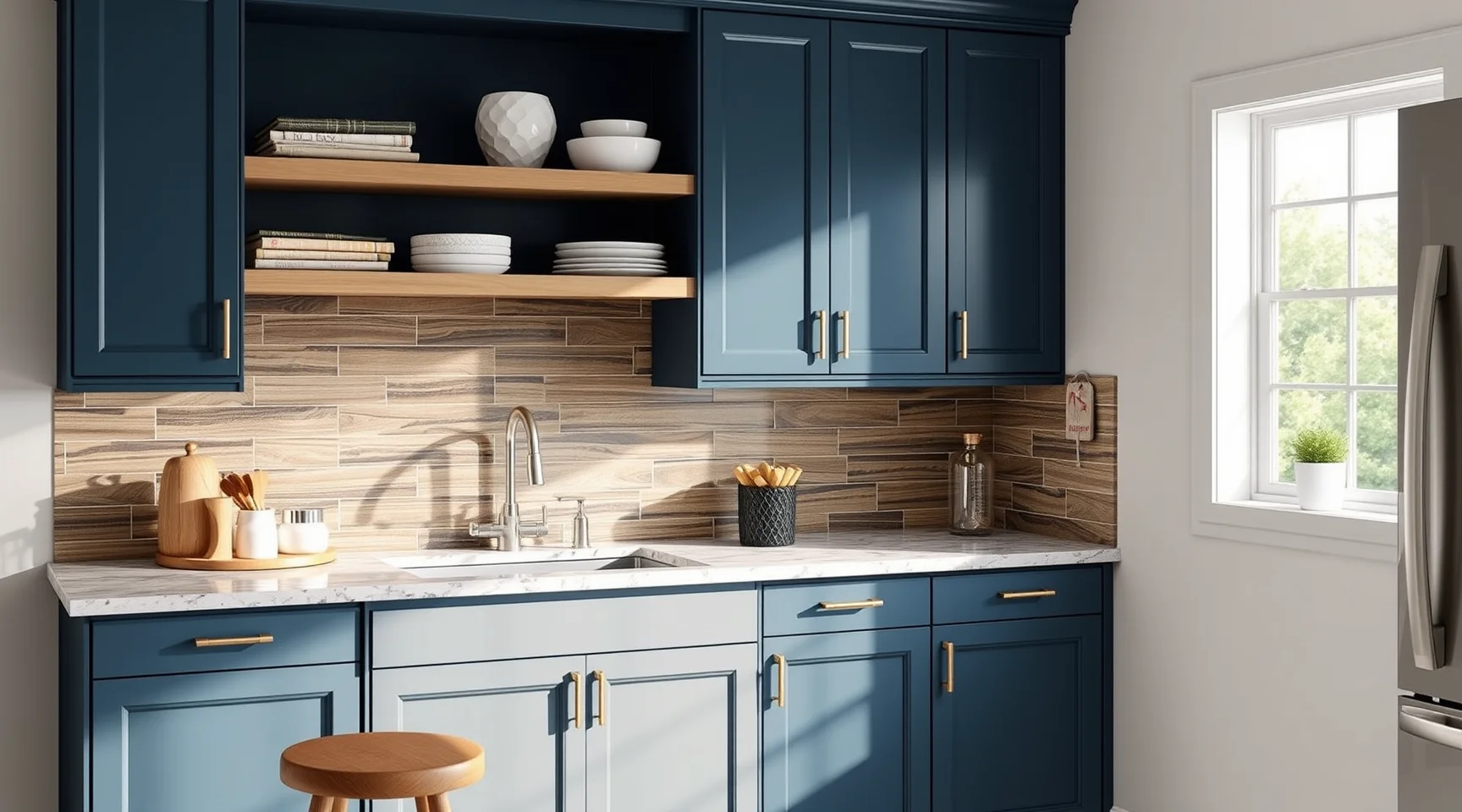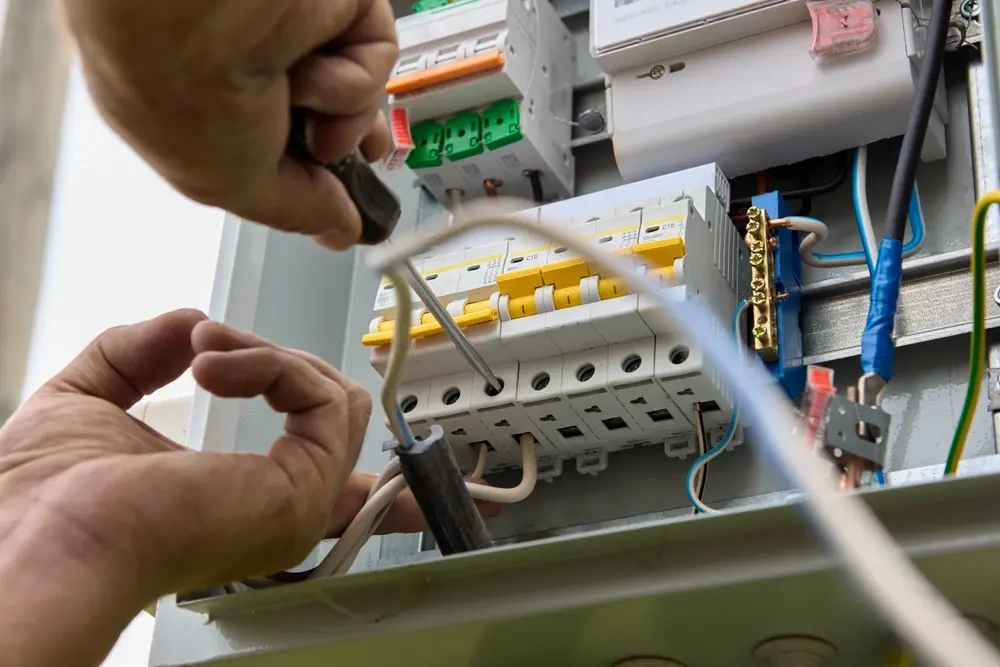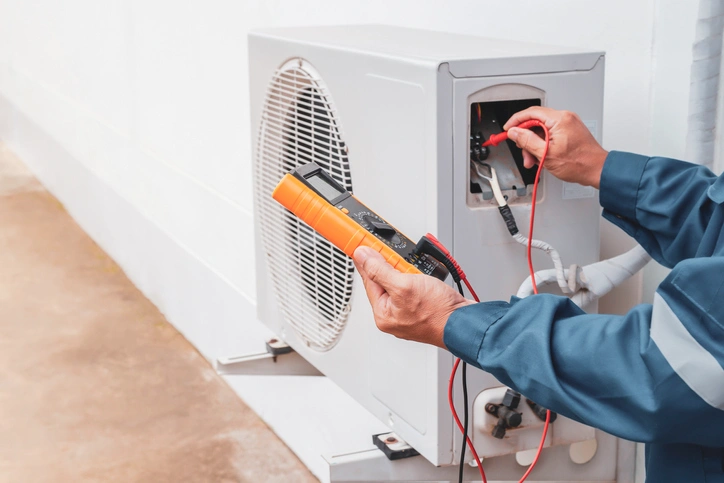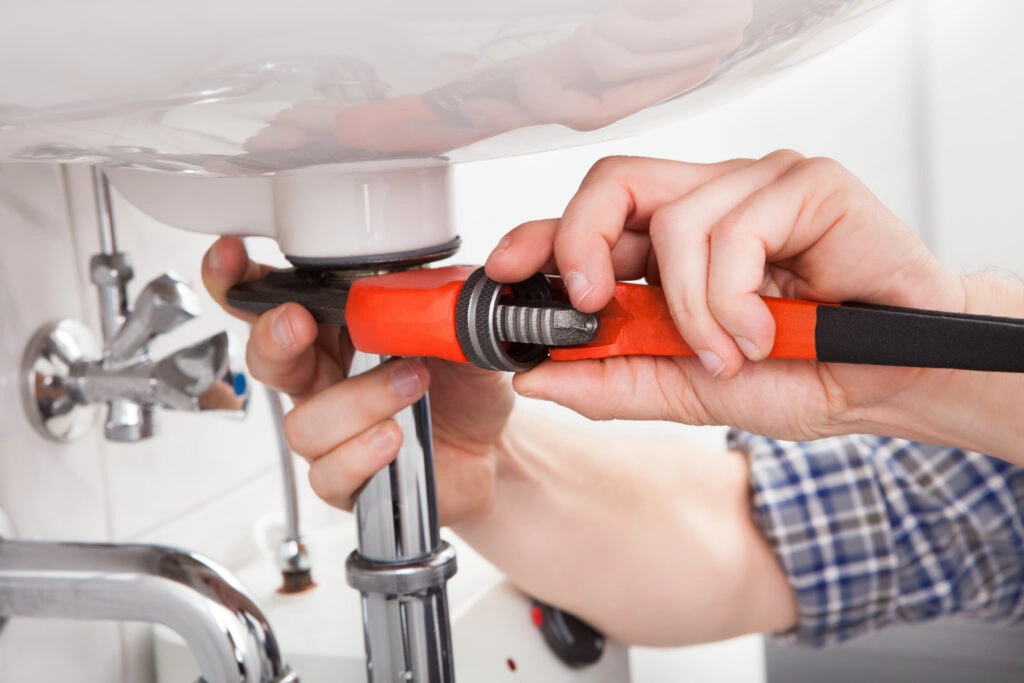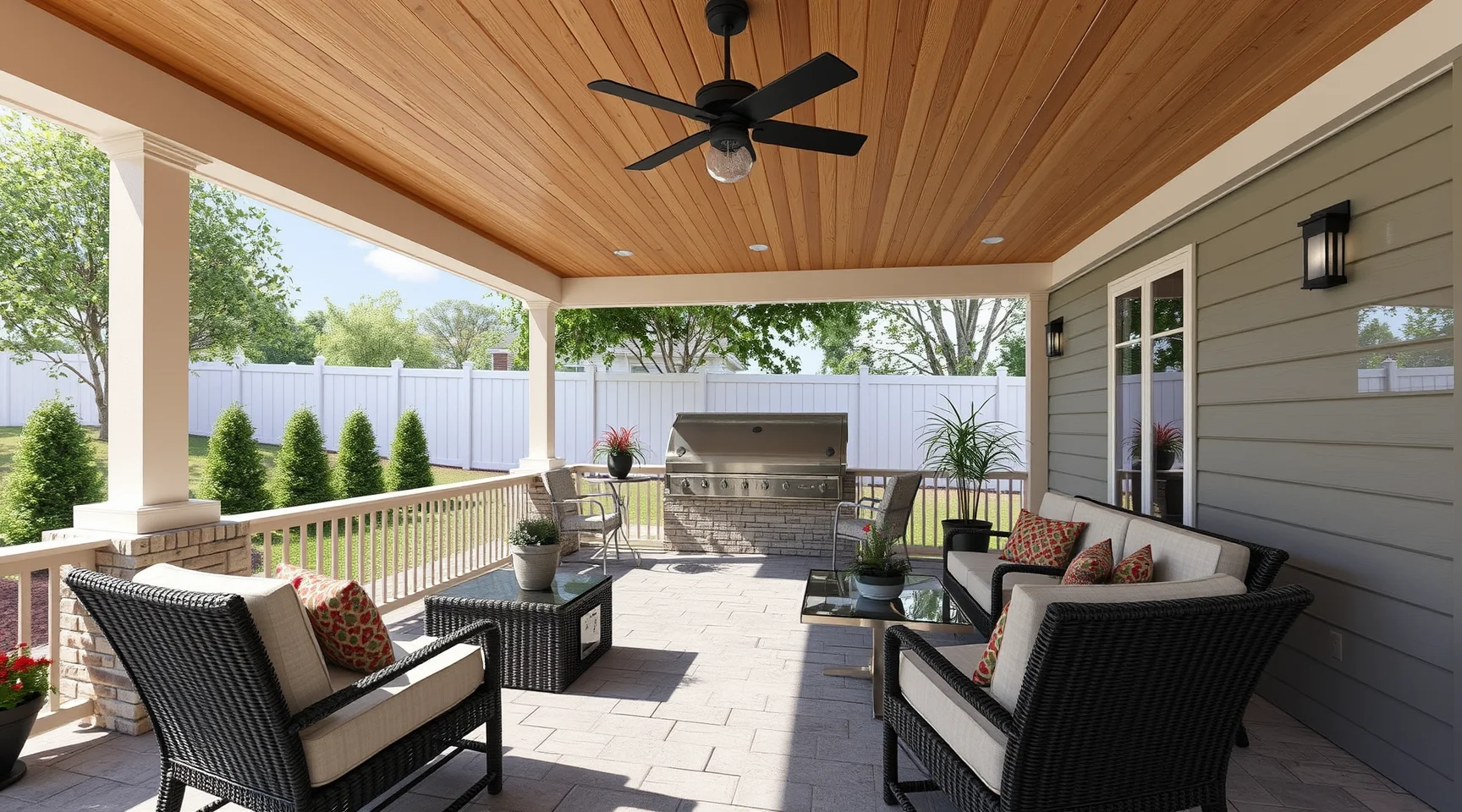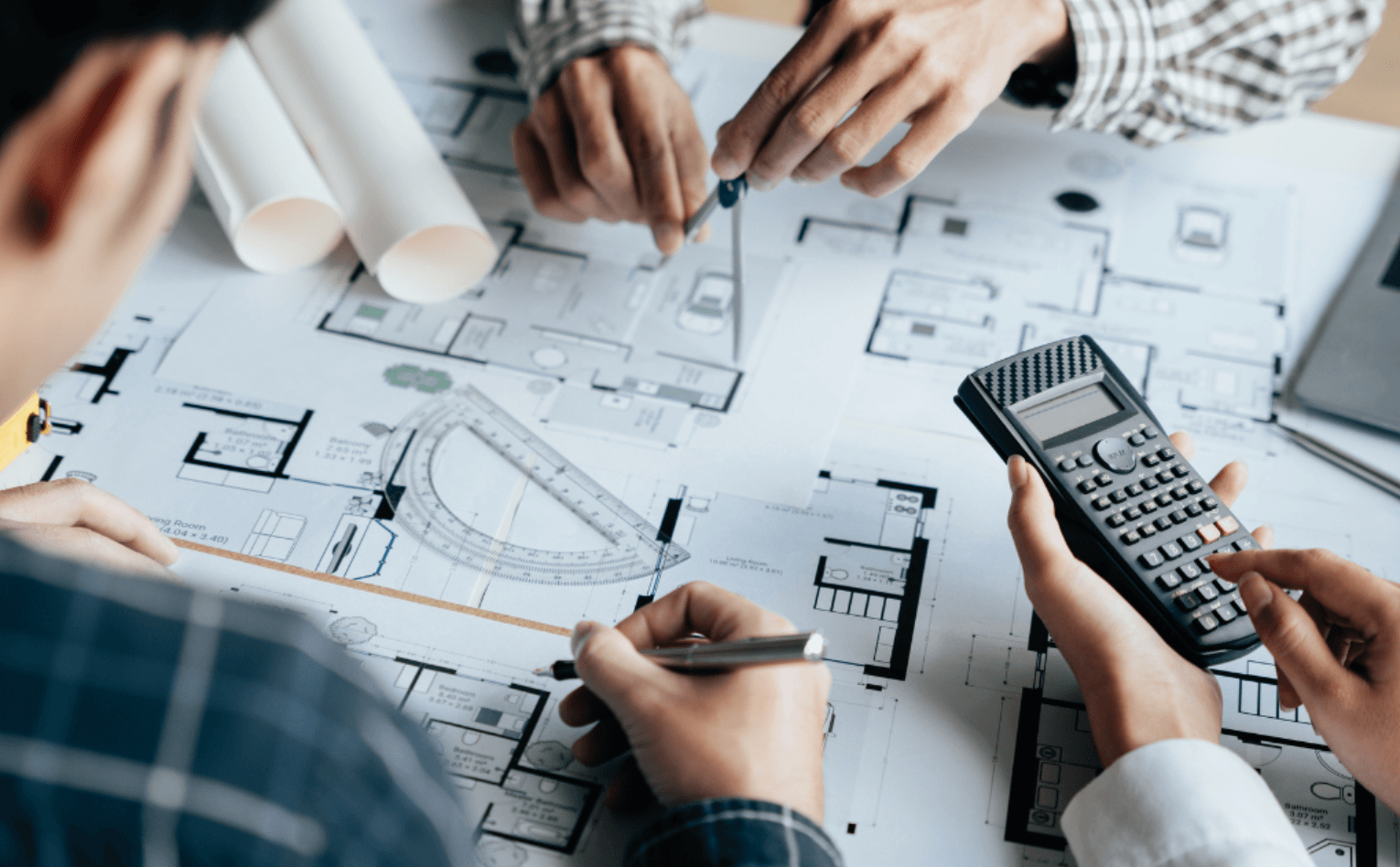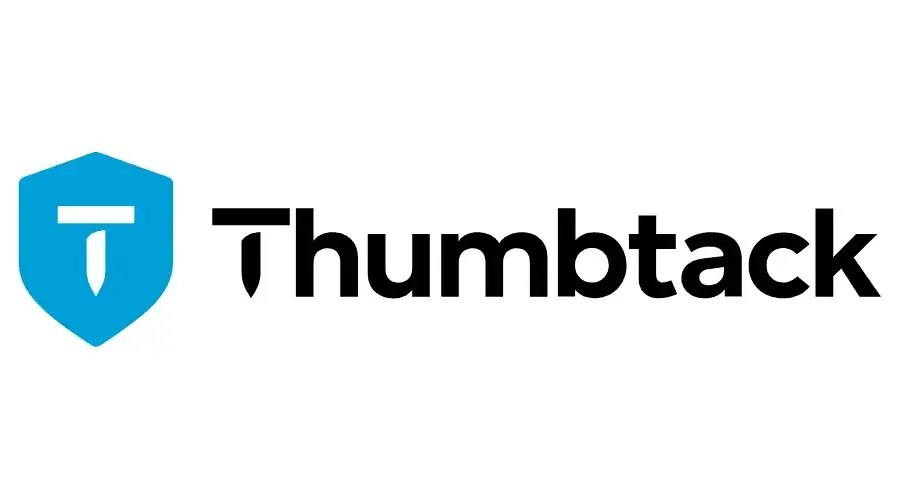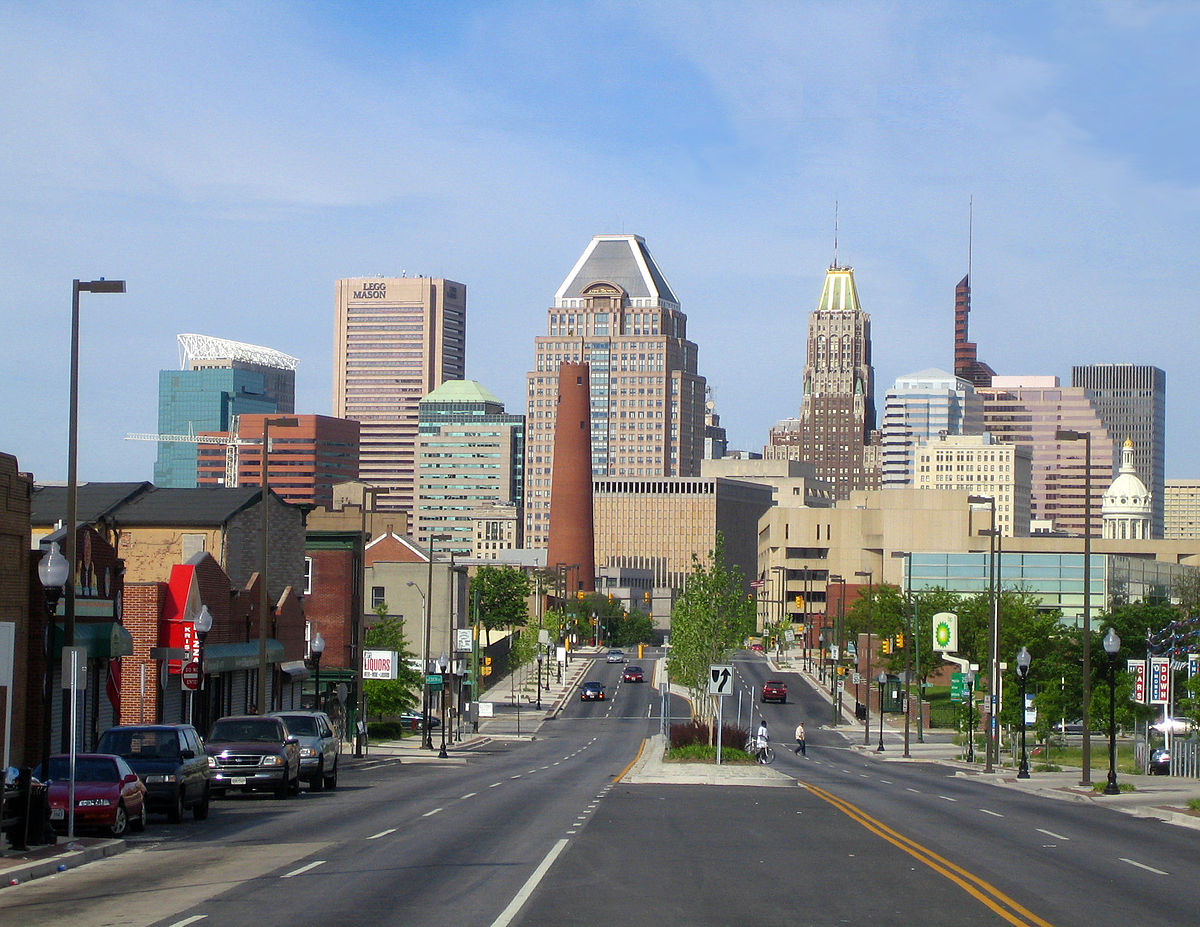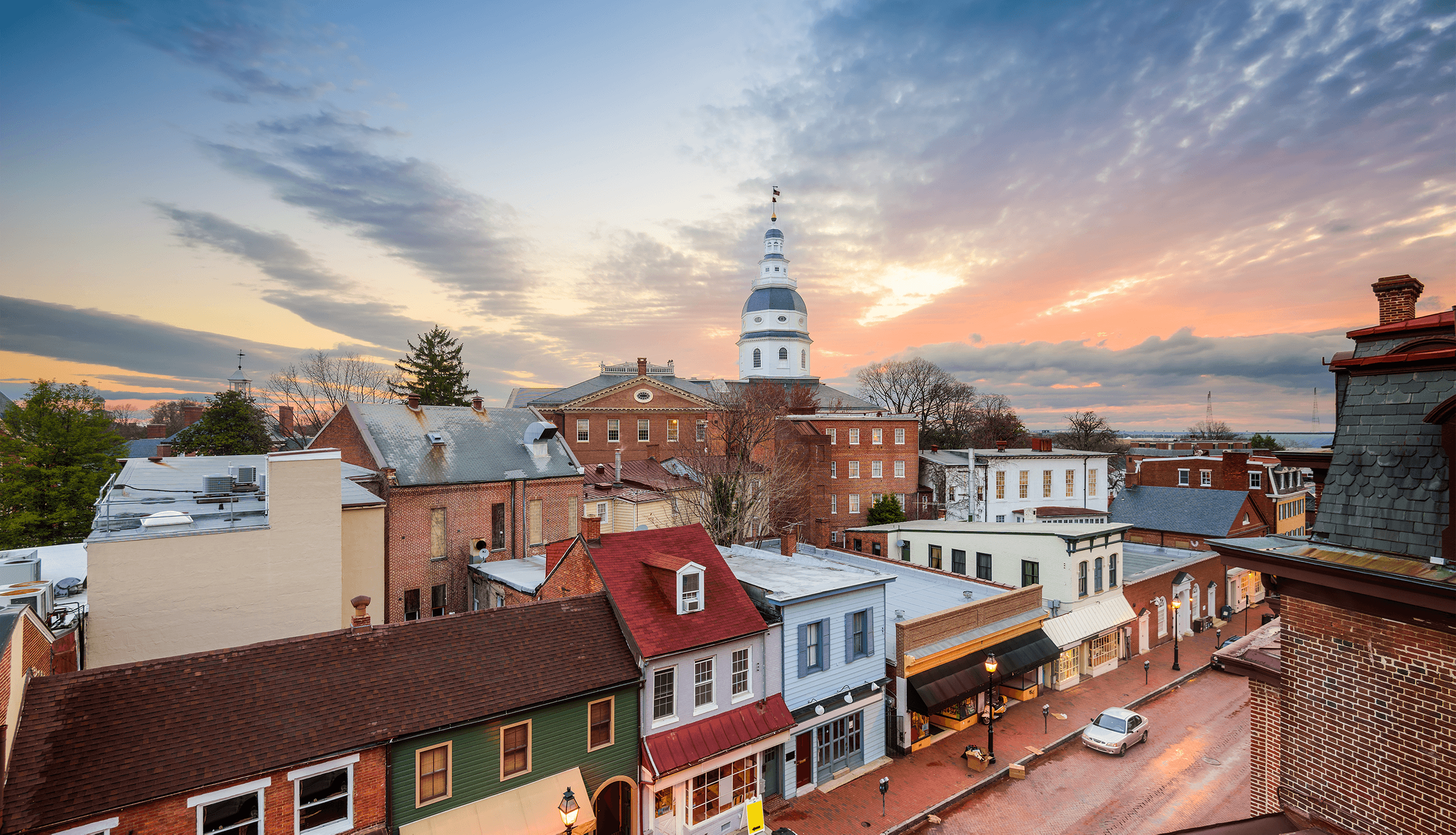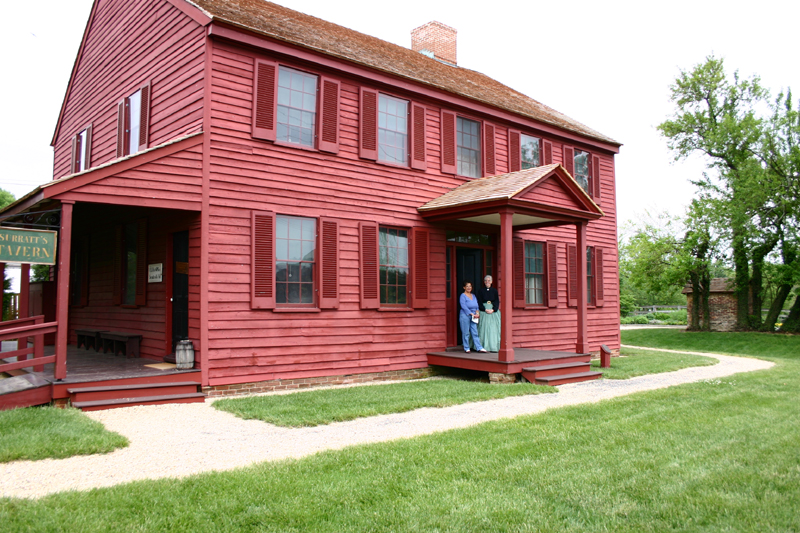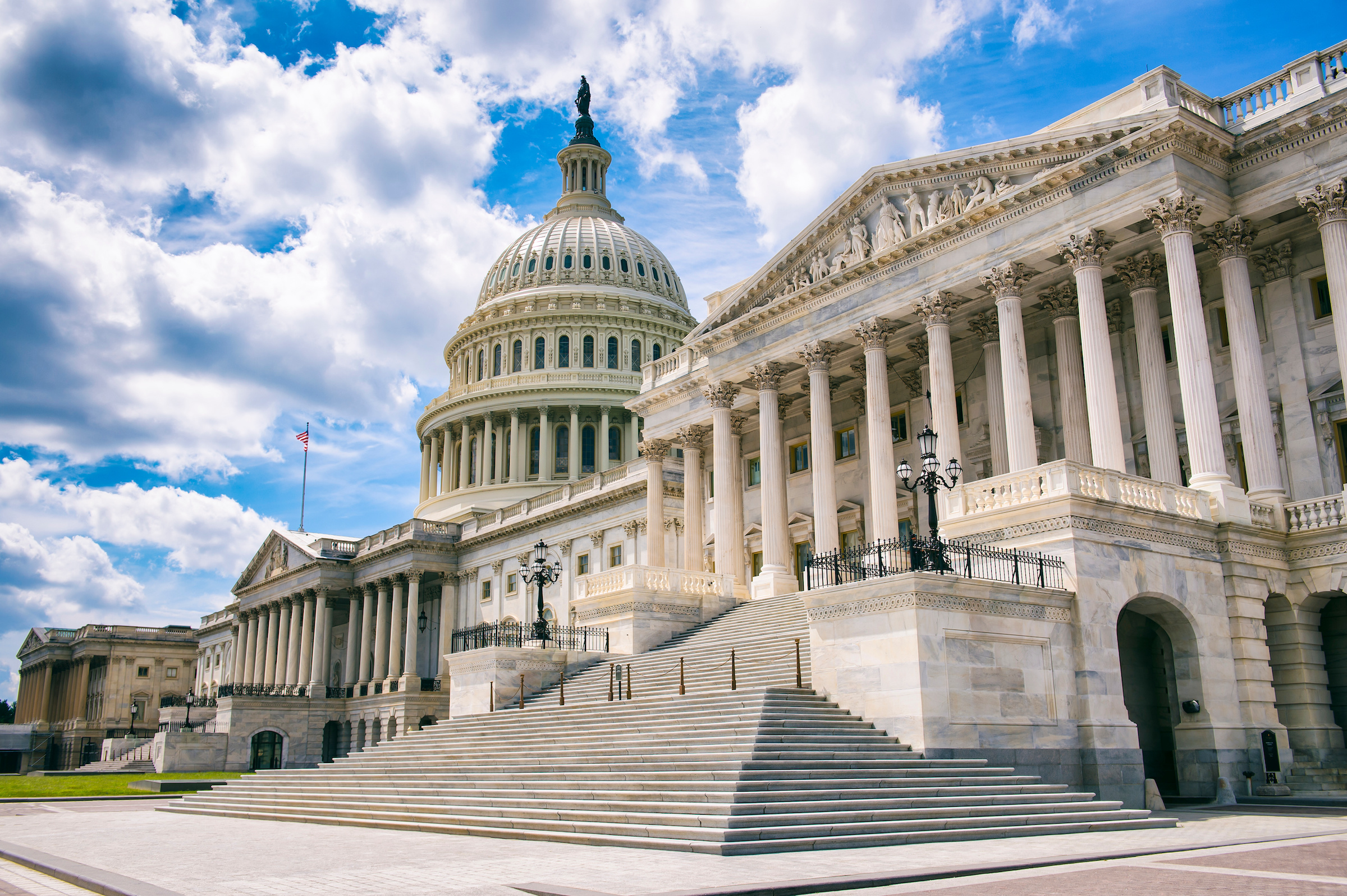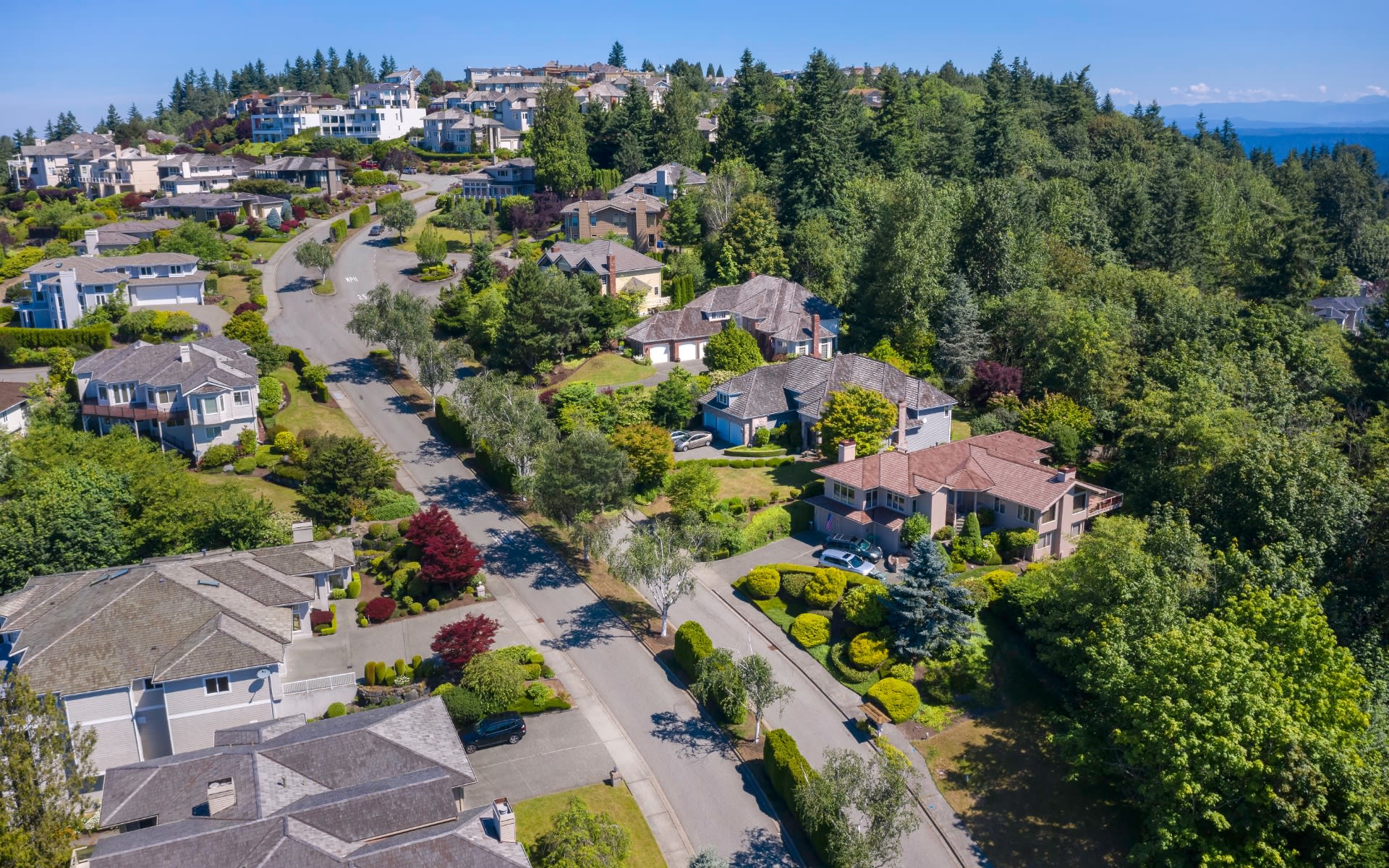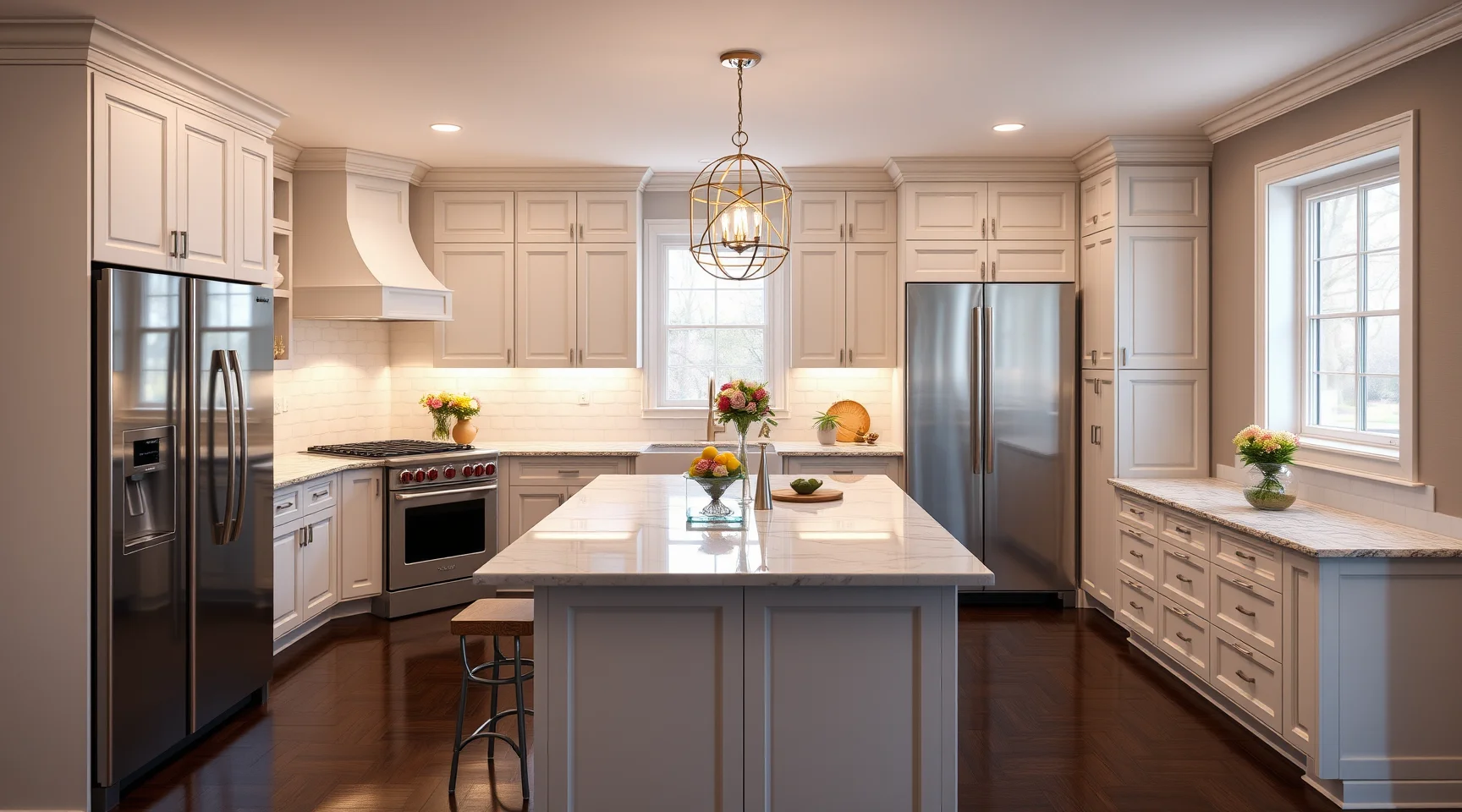
Affordable Shower Installation in Hyattsville, MD & Nearby Neighborhoods
20+ Years of Experience | Fully Licensed & Insured
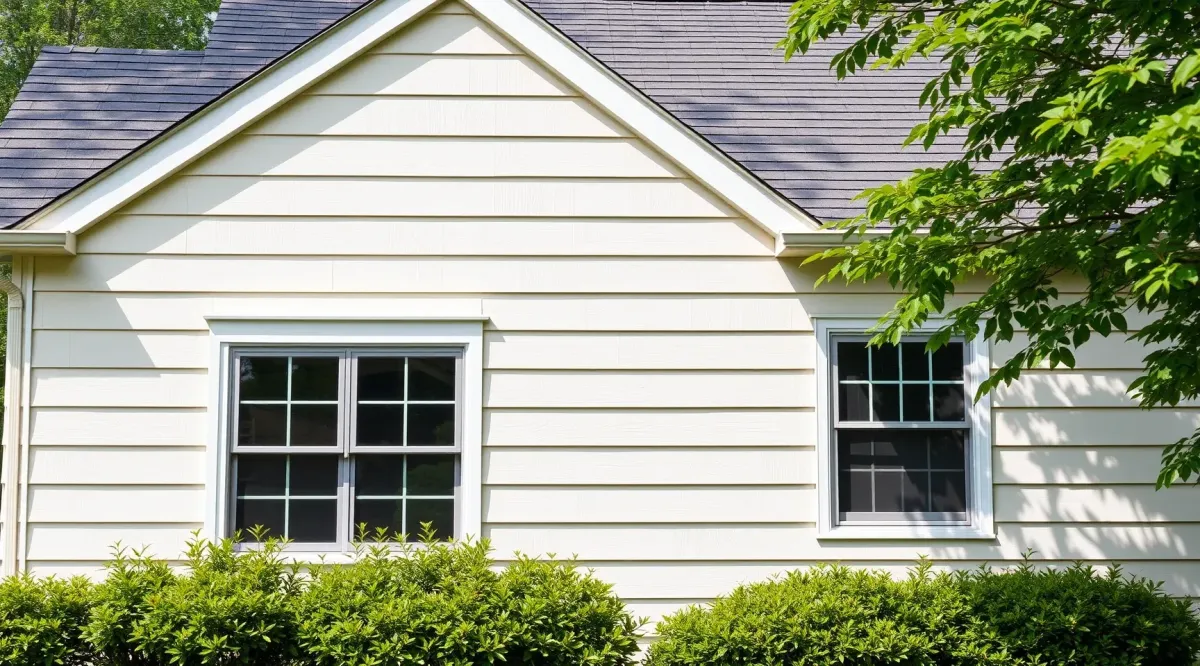
See Our Projects
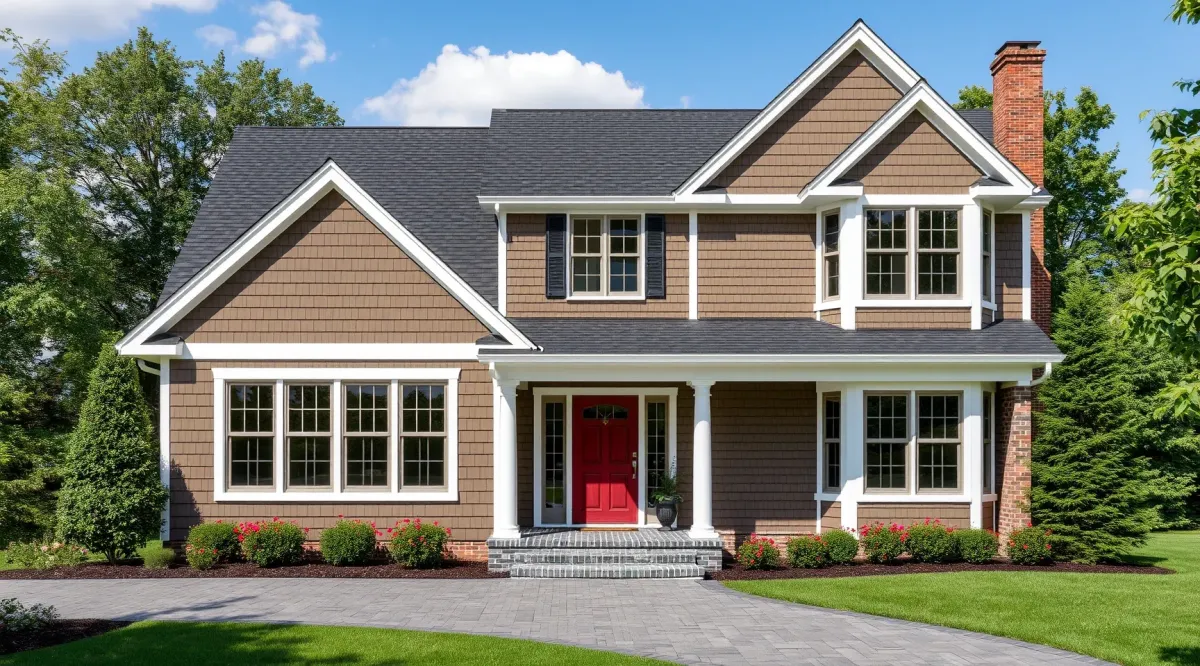
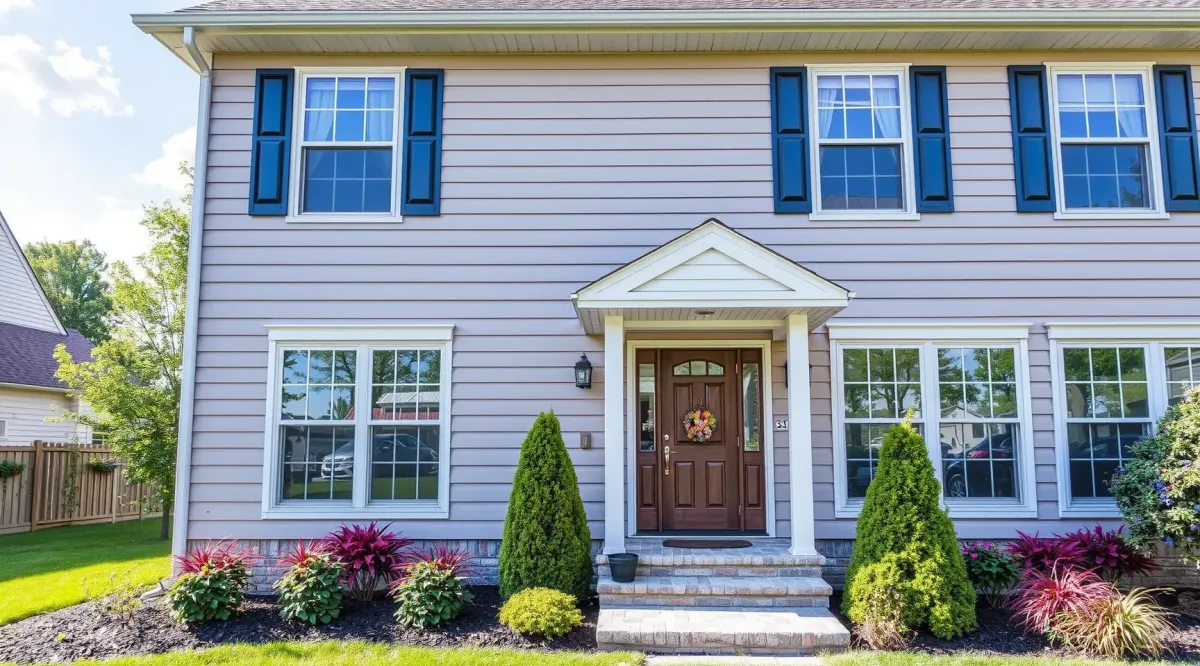
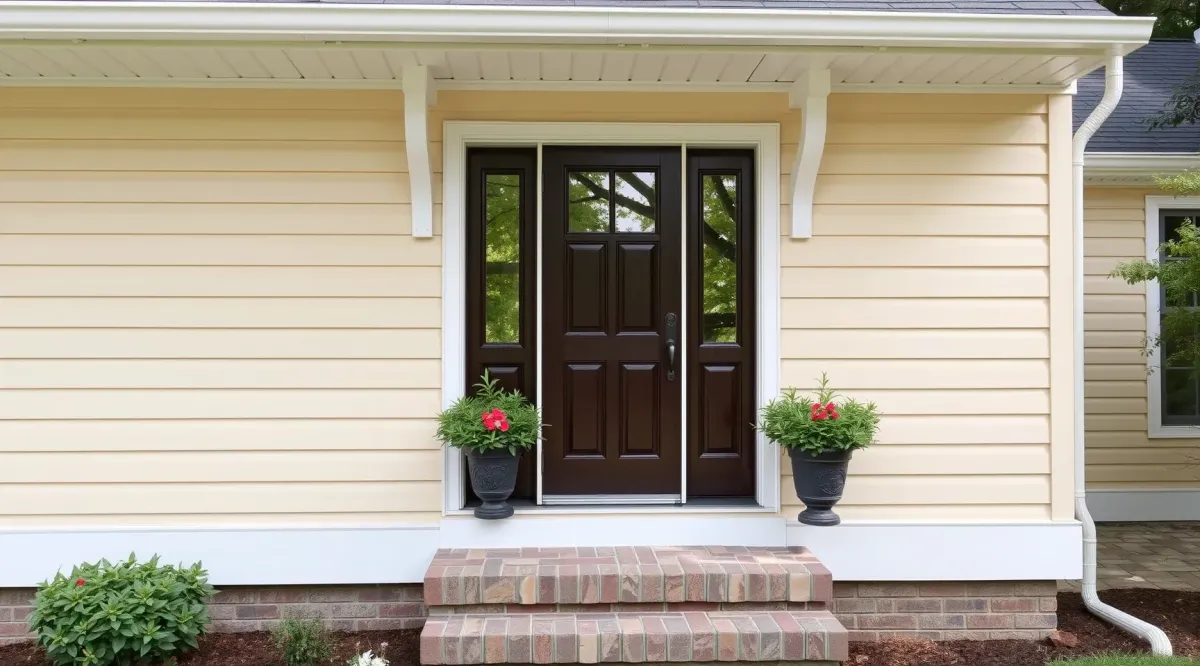
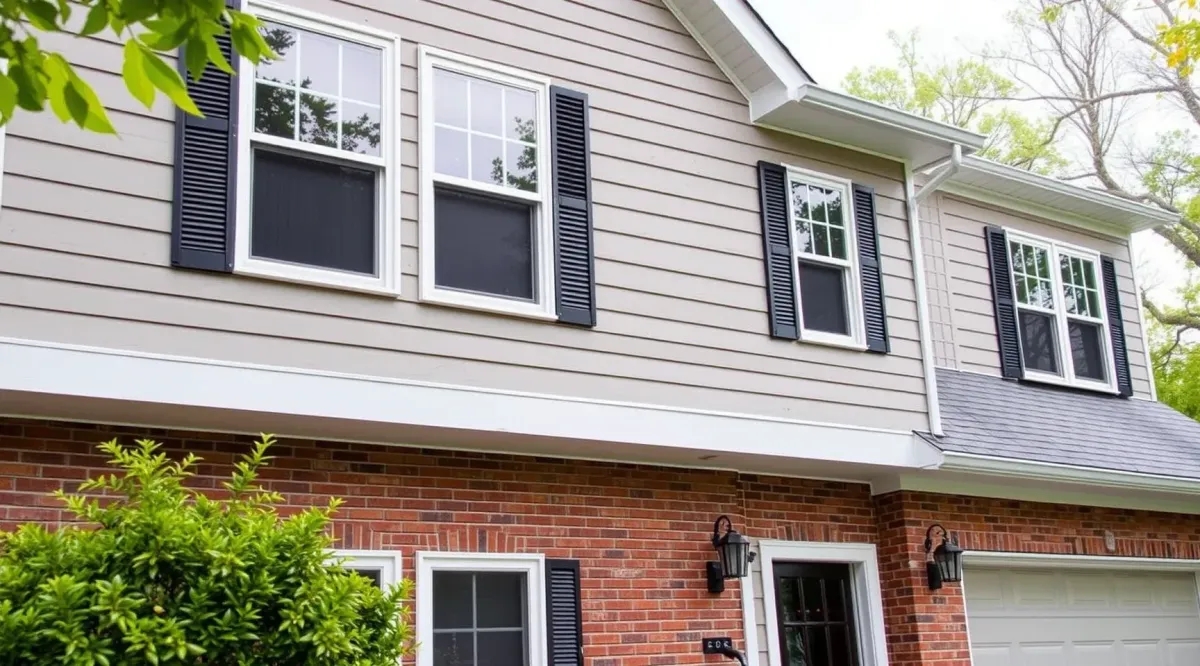
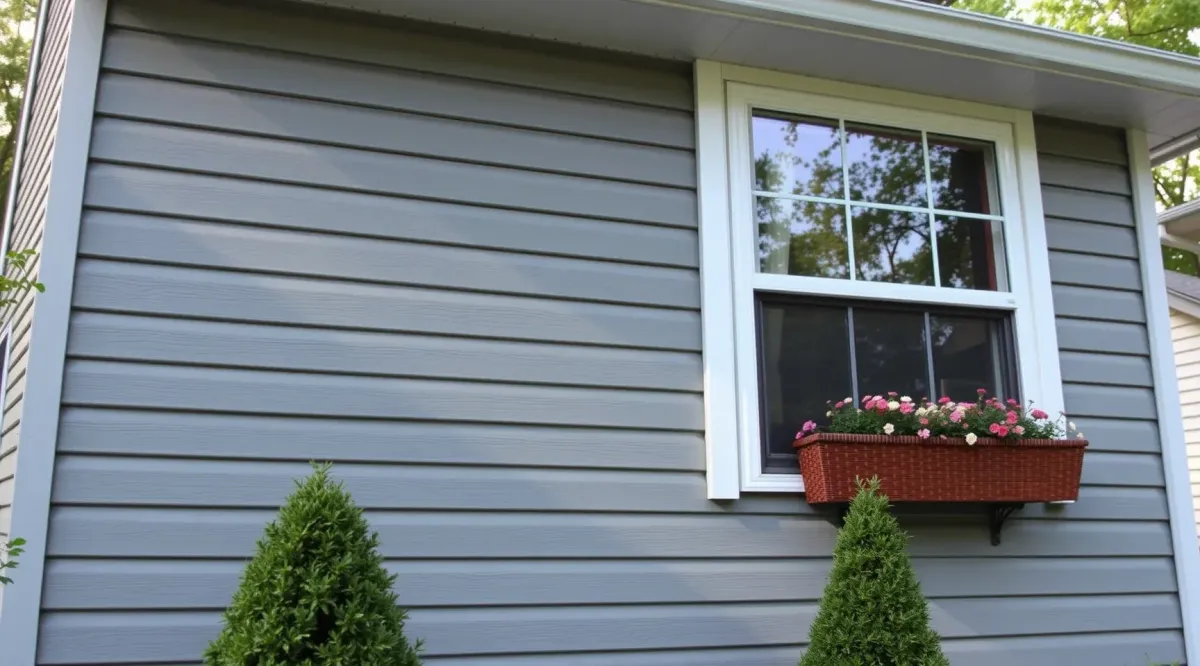
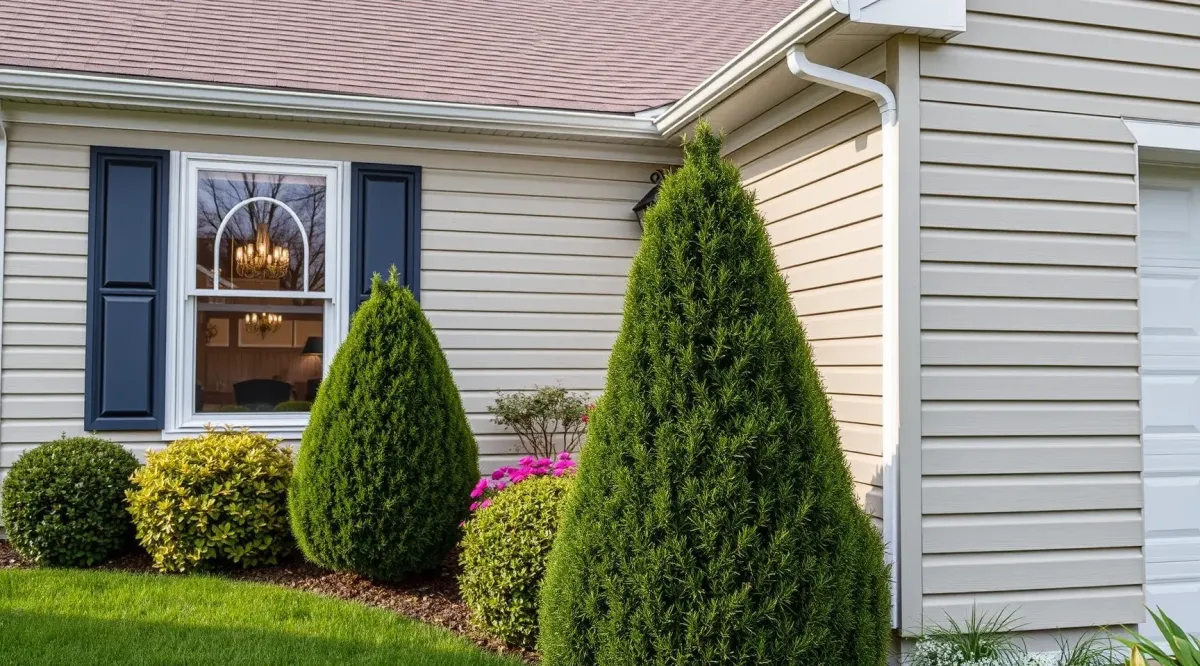
Consultation and Needs Assessment
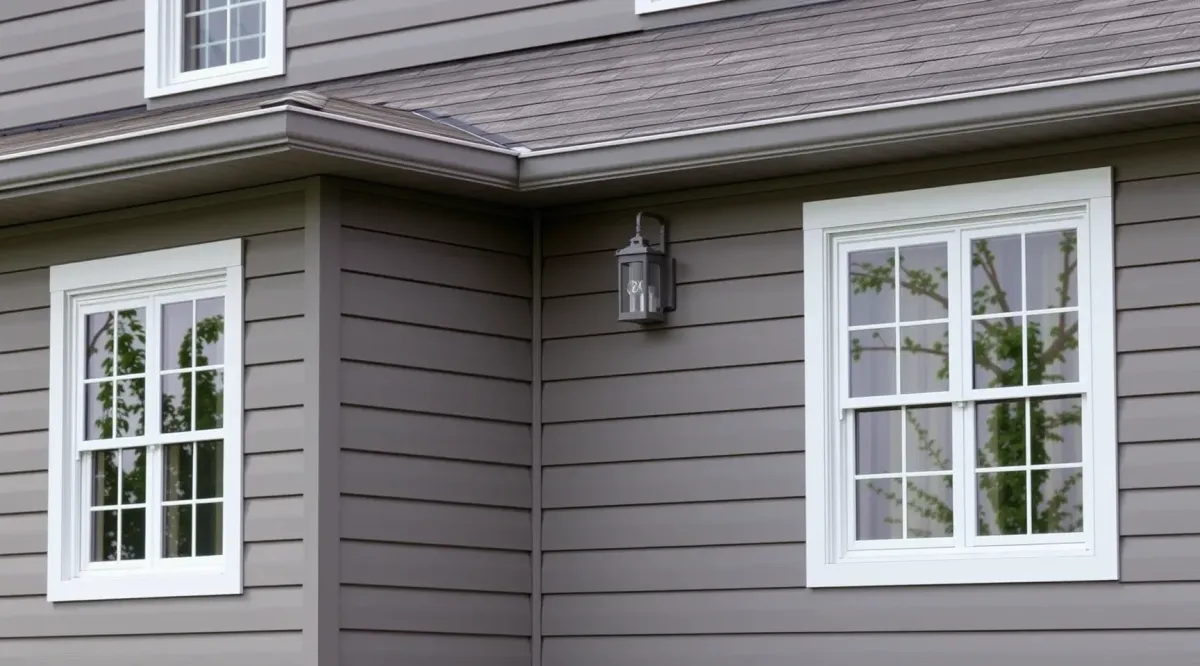

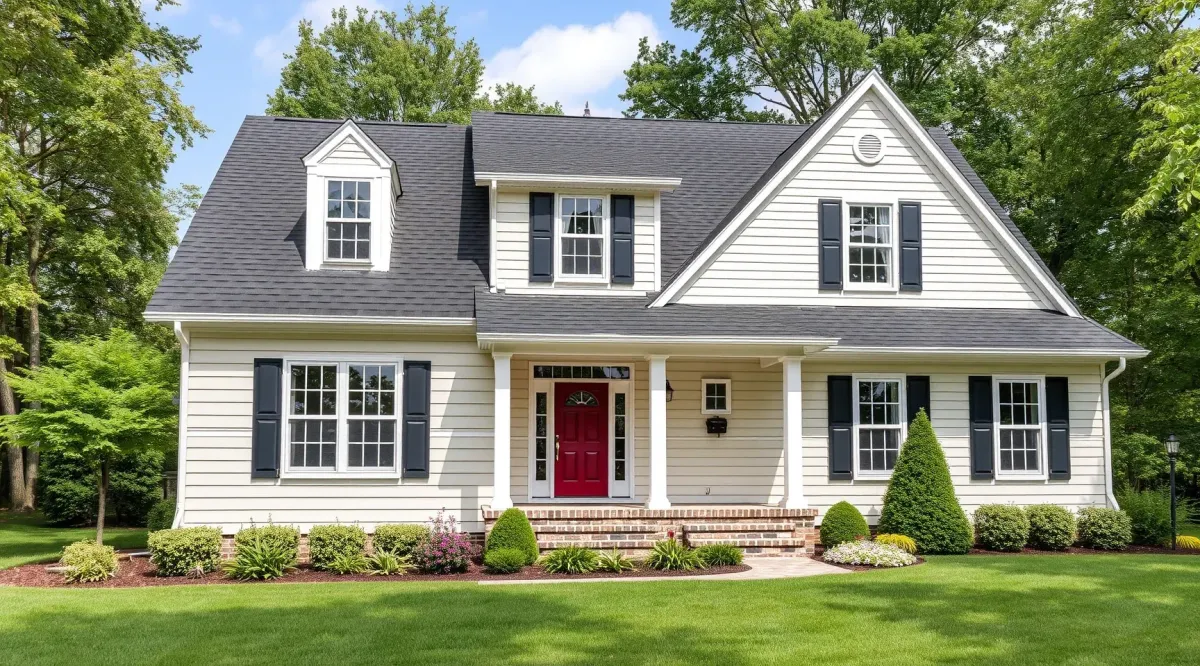
Material Selection and Design Planning

Final Review and Quality Assurance
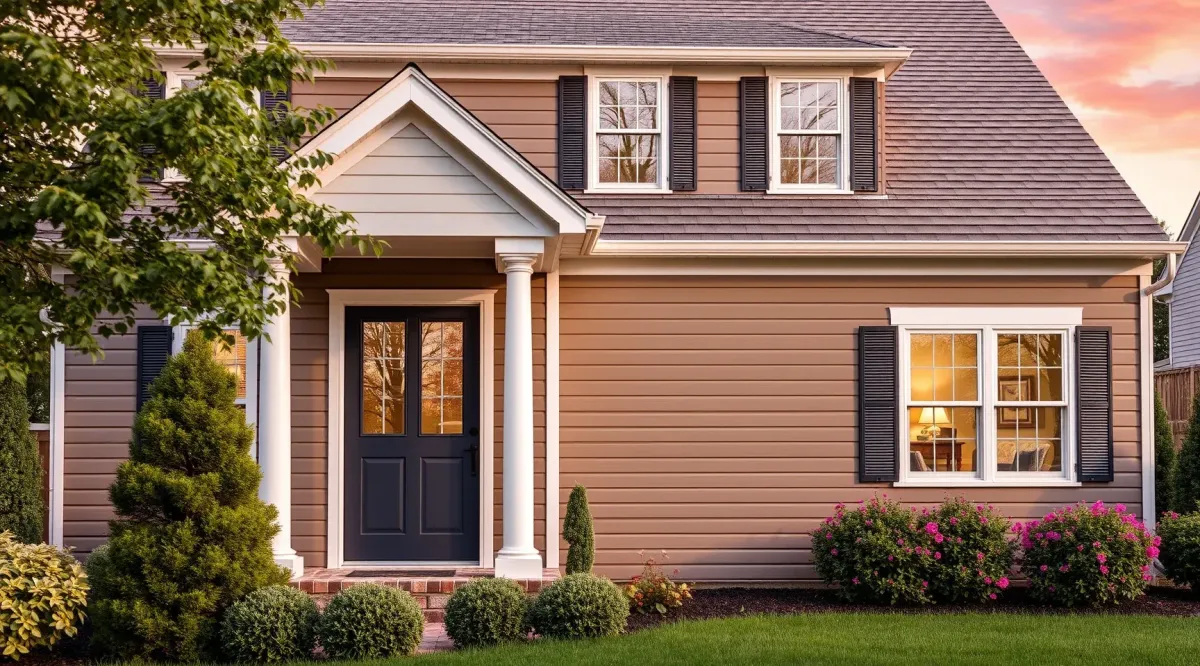
Project Spotlight: A Unique Shower Installation Adventure in Hyattsville, MD
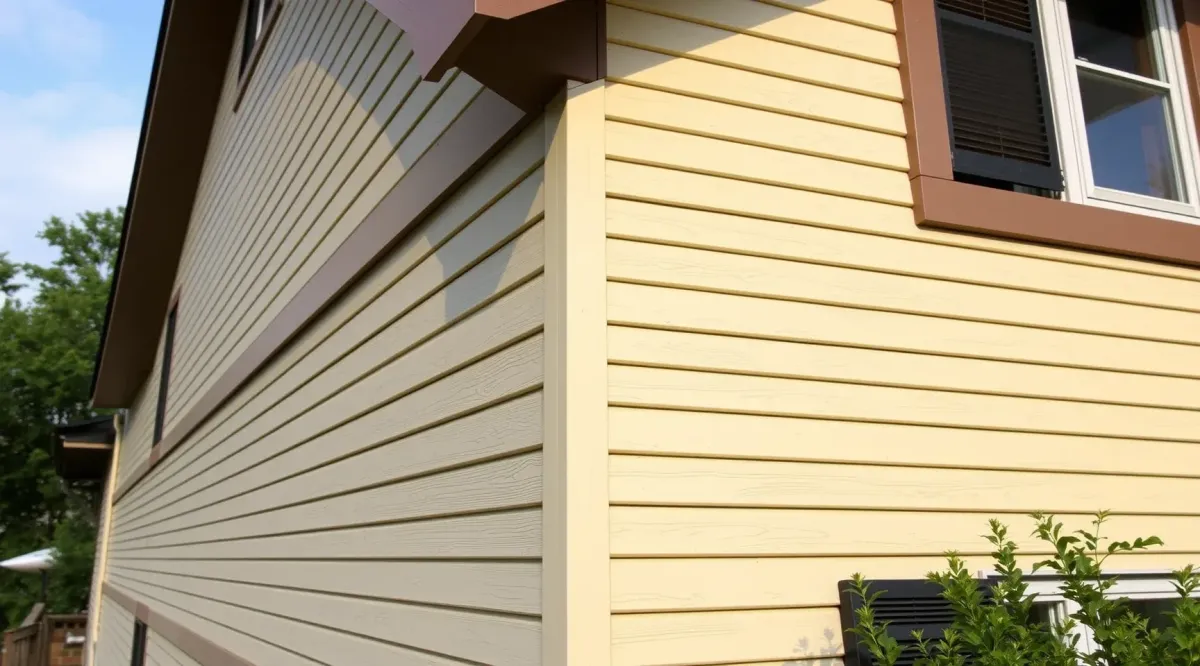
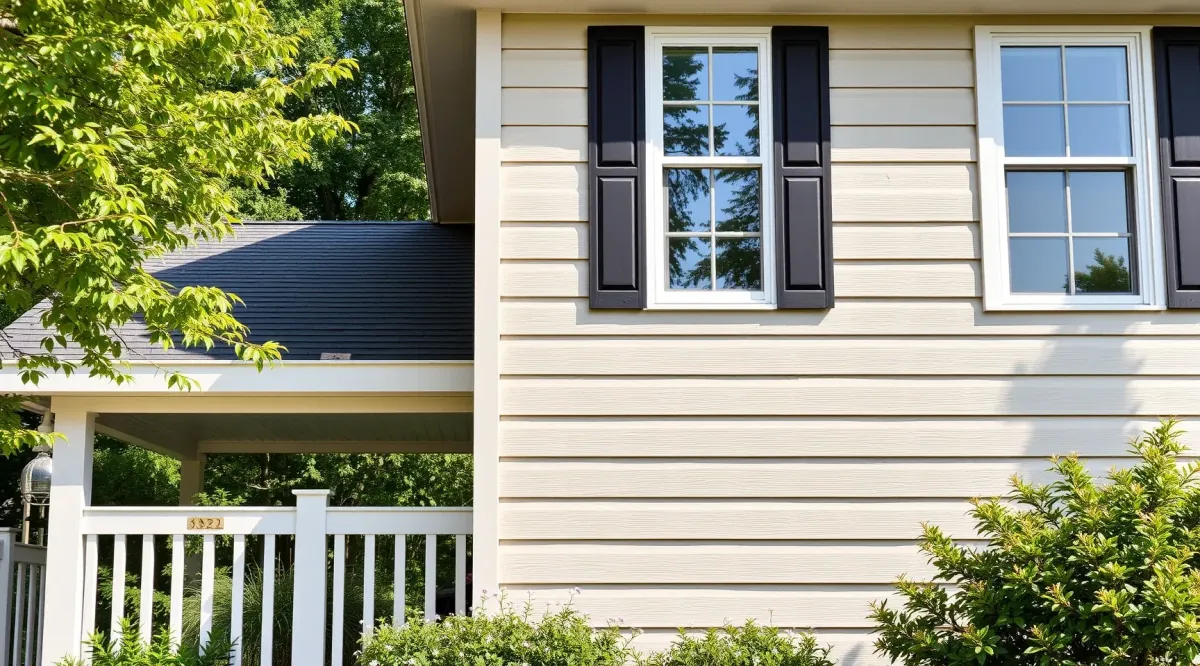
Areas We Serve
Customer Reviews
FAQs
1: How long does a typical shower installation take in Hyattsville, Maryland?
A standard shower installation in Hyattsville usually takes between one to three days depending on complexity and materials used.
2: What are the most common factors that can affect the cost of installing a new shower in Hyattsville, Maryland?
Factors such as the shower size, material choices, plumbing modifications, and complexity of the installation can influence the overall cost in Hyattsville, MD.
3: What are the key benefits of professional siding installation compared to DIY approaches for both residential and commercial properties?
We provide professional shower installation services in Hyattsville, MD, ensuring quality craftsmanship and reliable results.
4: What permits or approvals are required for shower installation projects in Hyattsville, Maryland?
Permits from the Hyattsville building department are generally required for shower installations to ensure code compliance and safety.
5: What are the top factors to consider when choosing a new shower style or design in Hyattsville, MD?
When selecting a new shower style in Hyattsville, MD, consider available space, personal preferences, water efficiency, and the overall home design to ensure it meets your needs and complements your decor.
6: What are the most common signs that indicate it's time to replace or install new siding on a property?
Common signs that indicate it's time to replace or install new siding include visible cracks, warping, peeling paint, mold growth, and increased energy bills. Additionally, if your siding is over 20 years old or has sustained significant damage, it may be time to consider an upgrade for improved protection and aesthetics.
7: What are the most energy-efficient siding options available for residential and commercial properties?
The most energy-efficient siding options for residential and commercial properties include insulated vinyl, fiber cement, and wood siding with proper insulation. These materials enhance thermal performance, reduce energy costs, and often come with warranties, making them a smart investment for long-term energy savings.
8: What are the most important questions to ask a siding installation contractor before starting a project?
Before starting a siding installation project, ask about their experience with similar projects, the types of materials they recommend, their installation process, timelines, and payment terms. Additionally, inquire about warranties offered and how they handle potential issues post-installation to ensure a smooth and satisfactory experience.
9: What are the most effective ways to enhance the curb appeal of a property through siding installation?
To incorporate energy-efficient appliances into your kitchen remodeling project, prioritize ENERGY STAR-rated products, plan for proper ventilation, and consider smart technology integration. Additionally, evaluate the layout for optimal appliance placement and explore available warranties to ensure long-term performance and savings.
10: What are the most important factors to consider when choosing the right siding style for your property?
When choosing the right siding style for your property, consider factors such as durability, maintenance requirements, aesthetic appeal, energy efficiency, and how well it complements your building's architecture. Additionally, evaluate warranty options and overall costs to ensure a long-lasting investment that meets your residential or commercial needs.
© Copyright 2025 Estate Developers LLC. All Rights Reserved. - Privacy Policy - Terms & Conditions - DMCA - Disclaimer
Website built by ClientSwing
